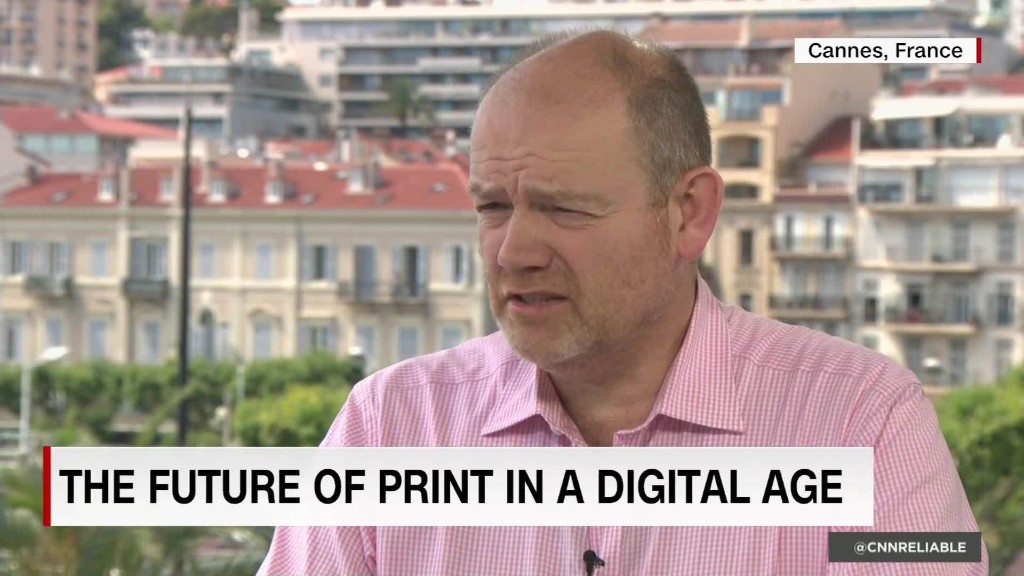
The New York Times announced Wednesday that it is eliminating the role of public editor, a position created more than a decade ago in response to a plagiarism and fabulism scandal.
"The public editor position, created in the aftermath of a grave journalistic scandal, played a crucial part in rebuilding our readers' trusts by acting as our in-house watchdog. We welcomed that criticism, even when it stung," Times publisher Arthur Sulzberger, Jr. told Times staff in a memo. "But today, our followers on social media and our readers across the internet have come together to collectively serve as a modern watchdog, more vigilant and forceful than one person could ever be. Our responsibility is to empower all of those watchdogs, and to listen to them, rather than to channel their voice through a single office."
The news, which was first reported by HuffPost, will bring an abrupt end to current public editor Liz Spayd's tenure. Spayd took over the role last year, and was expected to be in it until next summer. Instead, Sulzberger said she will be leaving the job on Friday.
The position was created in 2003, after the Times was tarnished by revelations that a reporter, Jayson Blair, had engaged in extensive fabrication and plagiarism. Spayd, a former managing editor for the Washington Post, was the sixth person to hold the job -- and arguably the most widely criticized.
Journalists both within and outside the Times newsroom reacted harshly to several of her public comments, including a post she wrote earlier this year criticizing one of the paper's reporters for a tweet.
Spayd did not respond to a request for comment.
It is not uncommon for the public editor to have a fraught relationship with Times journalists, but the criticism aimed at Spayd ran in contrast to the reception for her predecessor, Margaret Sullivan, now a columnist at the Washington Post.
In an email to CNNMoney, Sullivan said the Times' decision wasn't a total stunner, given that other outlets have made similar calls.
"It's a pretty abrupt move, but I can't say I'm surprised to see NYT ending the public editor position, especially in a time of newsroom cost-cutting and position-trimming," Sullivan wrote. "A lot of news organizations have eliminated the ombudsman position, including my current employer a few years ago."
"The one thing the public editor can almost always do is hold feet to the fire, and get an real answer out of management. The role is definitely a burr under the saddle of the powers that be," she added. "I did feel, while doing the job for almost four years, that I served an important purpose for the readership -- and for The Times itself. And I was honored to do it."
In his memo, Sulzberger wrote that the responsibility of the public editor "has outgrown that one office."
"Our business requires that we must all seek to hold ourselves accountable to our readers," Sulzberger wrote. "When our audience has questions or concerns, whether about current events or our coverage decisions, we must answer them ourselves."
The announcement about the public editor position wasn't the only major development at the Times on Wednesday. The paper also announced a long-anticipated buyout program that will be designed to "significantly shift the balance of editors to reporters at The Times, giving us more on-the-ground journalists developing original work than ever before," executive editor Dean Baquet and managing editor Joseph Kahn said in a memo.


